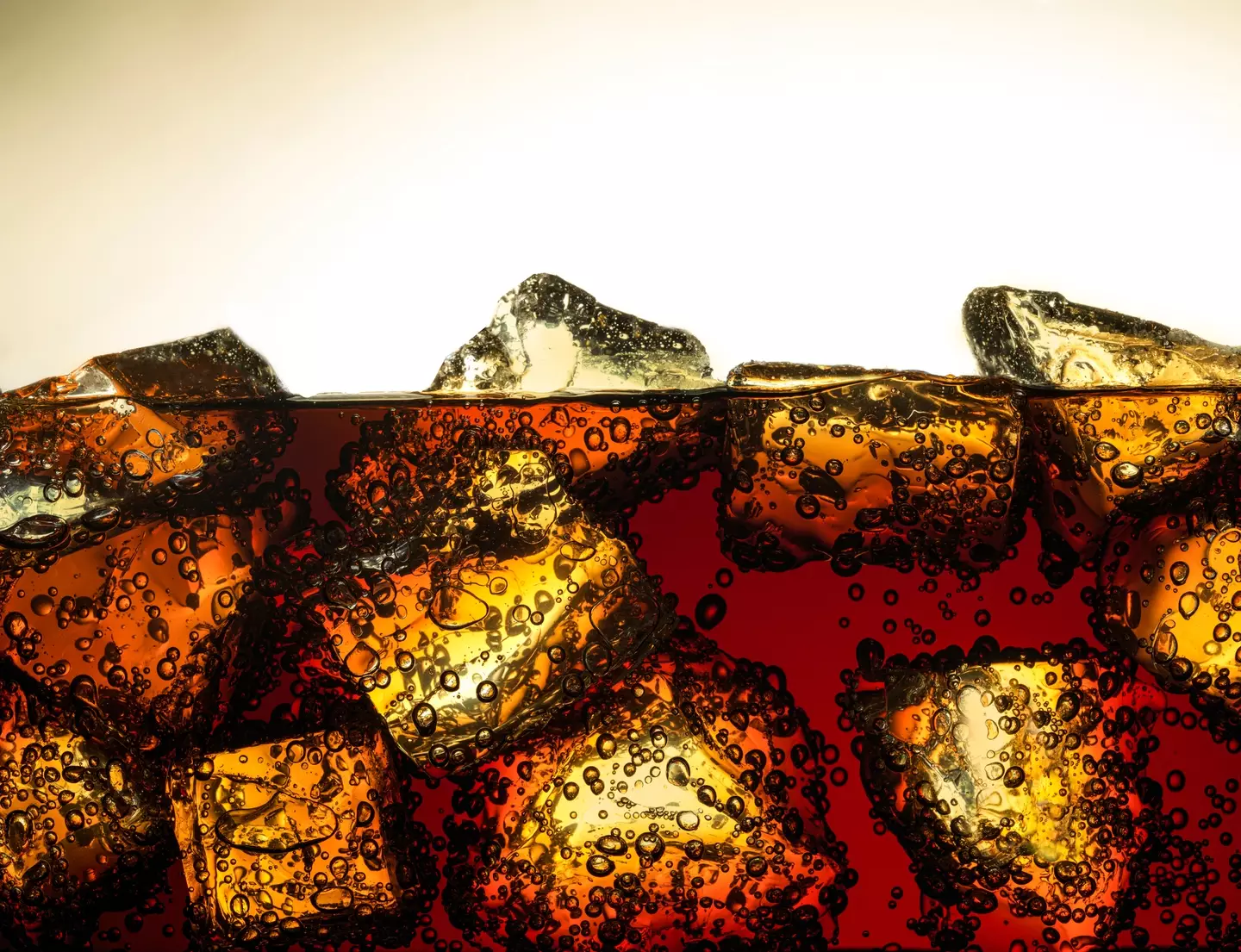
A recently published study focusing on the dietary effects on women’s age-related health outcomes has yielded some very interesting figures when it comes to caffeine.
The study, led by Dr Sara Mahdavi, adjunct professor at the University of Toronto’s Faculty of Medicine, began in 1984 and followed 47,513 women from the Nurses’ Health Study. Having collected dietary and health data from participants, researchers analysed their caffeine consumption, the sources of that caffeine, and its potential effects on health in later life.

By defining ‘healthy ageing’ as living to age 70 or older, not exhibiting one or more of 11 major chronic illnesses, maintaining capable physicality, having good mental health, and showing no cognitive impairment or memory problems.
Advert
The findings were pretty pronounced, with coffee-based caffeine intake being linked with better health outcomes.
“While past studies have linked coffee to individual health outcomes, our study is the first to assess coffee’s impact across multiple domains of aging over three decades,” said Dr Mahdavi, per EurekAlert.
“The findings suggest that caffeinated coffee—not tea or decaf—may uniquely support aging trajectories that preserve both mental and physical function.”
She continued: “Our study has several key strengths. In addition to the large sample size and 30 years of follow-up, we assessed several different aspects of longevity and healthy aging as well as very comprehensive information on nutritional and lifestyle habits that were collected every four years after the initiation of the study.”
Those who met the healthy ageing criteria typically consumed more coffee, with each additional cup per day being tied to a 2 to 5% higher chance of remaining healthy in later life. The benefits seemed to stop at the five small cups per day mark, or two and half regular-sized cups.
However, caffeinated sodas like cola seemed to have the opposite effect.
The study found that each additional small glass of caffeinated soda was linked with a 20 to 26% decrease in the chances of ageing healthily, with the inference being that caffeine’s efficacy for health depends on its source.
“These results, while preliminary, suggest that small, consistent habits can shape long-term health,” explained Dr Mahdavi.

“Moderate coffee intake may offer some protective benefits when combined with other healthy behaviours such as regular exercise, a healthy diet and avoiding smoking. While this study adds to prior evidence suggesting coffee intake may be linked with healthy aging, the benefits from coffee are relatively modest compared to the impact of overall healthy lifestyle habits and warrant further investigation.”
In other words, if you need to perk up, you’re much better off having a coffee than a cola.
